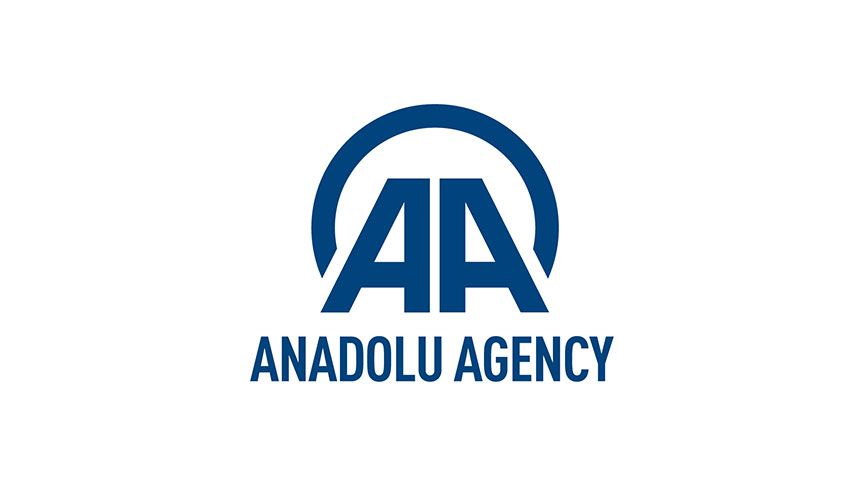Russian Letter – Moscow – March 21st
- A stable week for ruble
The Russian ruble had a stable week, amid the oil prices leveling around $41-42 per barrel mark and Fed’s decision to keep interest rates unchanged.
The Russian Central Bank’s decision to keep its interest rates at 11 percent also helped the currency to stay around 68 levels against the dollar last week.
'The current oil market still features a continued oversupply, on the backdrop of a slowdown in the Chinese economy, more supplies originating from Iran and tighter competition for market share,” the Russian Central Bank said in a statement after the decision.
Another important announcement from last week was the industrial production data for February, which has increased by 1 percent, compared to the same period last year.
- Hope for Turkish Stream
An important statement last week came from Oleg Aksyutin; Gazprom’s board member.
Aksyutin said the Russian energy company was waiting for the normalization of Turkish-Russian relations, in order to decide on a calendar for the Turkish Stream gas pipeline project.
The Turkish Stream is a planned project for transferring Russian natural gas through Turkey to Ukraine. Due to the ongoing crisis between Turkey and Russia, the project was postponed.
- Sanctions will continue
While Western sanctions, imposed on Russia due to its activities in Ukraine, continue to hurt its economy, a new addition by Canada has made the headlines last week.
Canada has announced it is adding more names to those affected by sanctions because of Russia’s aggression towards Ukraine.
Canadian Foreign Affairs Minister Stephane Dion said that 10 additional entities and two more individuals in Russia have been added along with four additional entities and three additional individuals in Ukraine.
Additionally, on the second anniversary of Russia's annexation of Crimea from Ukraine last week, the EU has called upon the countries of the United Nations to join in sanctions against Russia.
“The EU will continue to adhere to the full implementation of its non-recognition policy, including through restrictive measures,” the statement published Friday on the Russian-language website of EU's European External Action Service said.


